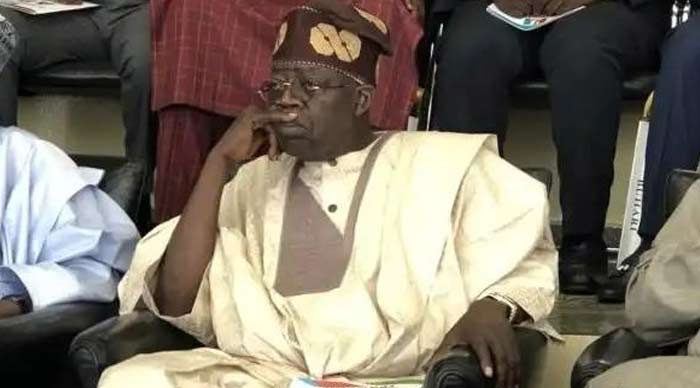The political unrest in Niger Republic following the July 26, 2023 coup d’état that ousted President Mohamed Bazoum presented West Africa with a critical test of its collective security framework. When Nigeria’s President Bola Ahmed Tinubu in August 2023, in his role as ECOWAS chair, initially threatened military intervention, it sparked significant debate on the political, economic, and humanitarian implications of such action.
In reaction, Niger, like Mali and Burkina Faso, pulled out of the regional bloc. Tinubu’s eventual decision to adopt diplomacy over military confrontation reflects a pivotal moment in regional crisis management, underscoring the delicate balance required to uphold regional stability without exacerbating vulnerabilities.
Historical and Geopolitical Context
The 1,608-kilometer shared border between Nigeria and Niger Republic is more than a geographical demarcation; it represents historical, cultural, and economic interdependence.
Northern Nigerian states such as Kebbi, Sokoto, Katsina, Jigawa, Yobe, Borno, and Zamfara maintain intricate socio-economic ties with Niger, where trade, kinship, and even shared security challenges blur the lines of sovereignty.
This border region has also borne the brunt of insurgencies, with Boko Haram and other extremist groups exploiting porous borders to conduct attacks and kidnappings. Any military action against Niger’s General Abdourahamane Tchiani junta, risked not only escalating tensions but also providing insurgents an opportunity to strengthen their foothold.
Economic and Humanitarian Consequences
The economic ties between northern Nigeria and Niger cannot be overstated. Cross-border trade remains vital for local farmers, traders, and rural communities on both sides. A military intervention would have destabilized this economic ecosystem, further displacing vulnerable populations and compounding the existing humanitarian crisis.
According to UNICEF, over 2 million Nigerians, including 1.4 million children, are already displaced due to violence in states like Borno and Yobe. Additional displacements resulting from heightened insecurity would have overwhelmed existing humanitarian efforts, creating a cascading crisis across the region.
Furthermore, reports reveal how terrorists use Nigerien territory as a base to infiltrate Nigeria for kidnappings and attacks, particularly through communities like Dukamaje in Sokoto State. Military engagement could have pushed these groups into forming alliances with Niger’s junta, complicating regional counterterrorism efforts.
Global Significance and the Importance of Peace
The international community has invested heavily in stabilizing Nigeria and its neighbors. Since 2017, the United States alone has provided $650 million in security assistance and $1.8 billion in Foreign Military Sales to Nigeria.
A $27 million humanitarian aid package was announced in 2024 to alleviate suffering in many parts of Nigeria, State Department says. These contributions highlight a global interest in preventing further destabilization in the Sahel region, which could serve as a breeding ground for transnational terrorism.
Military intervention in Niger would have diverted critical resources away from development initiatives and peacebuilding efforts. Funds that could enhance women’s entrepreneurial skills or build critical infrastructure would instead be funneled into prolonged conflict and emergency relief. President Tinubu’s shift toward diplomacy aligns with global priorities of fostering sustainable peace, economic stability, and resilience in fragile states.
Broader Implications for Regional Stability
ECOWAS’ handling of the Niger coup underscores the challenges of balancing sovereign integrity, democratic principles, and pragmatic crisis management. The decision to pursue dialogue rather than force not only avoided immediate humanitarian fallout but also set a precedent for addressing similar crises in the future. It reaffirmed the need for multilateral cooperation and the role of diplomacy in resolving political upheavals without resorting to violence.
Forward-Looking Perspective
While the diplomatic approach has de-escalated immediate tensions, the situation in Niger remains a reminder of the fragility of governance across West Africa. Strengthening regional institutions, addressing socio-economic inequalities, and combating insurgencies must remain priorities for ECOWAS and its international partners.
By prioritizing dialogue and humanitarian considerations, Nigeria and its allies have demonstrated a commitment to peace and stability—a crucial step toward building a resilient and prosperous region.
Ultimately, the lesson from Nigeria’s response to Niger’s coup and sanctions of Mali and Burkina Faso over their military administrations is clear: sustainable peace is achieved not through the might of arms but through the strength of diplomacy and a shared vision for a stable future.
Note: I first sent this piece to an international organisation as part of an application requirements for a role.


